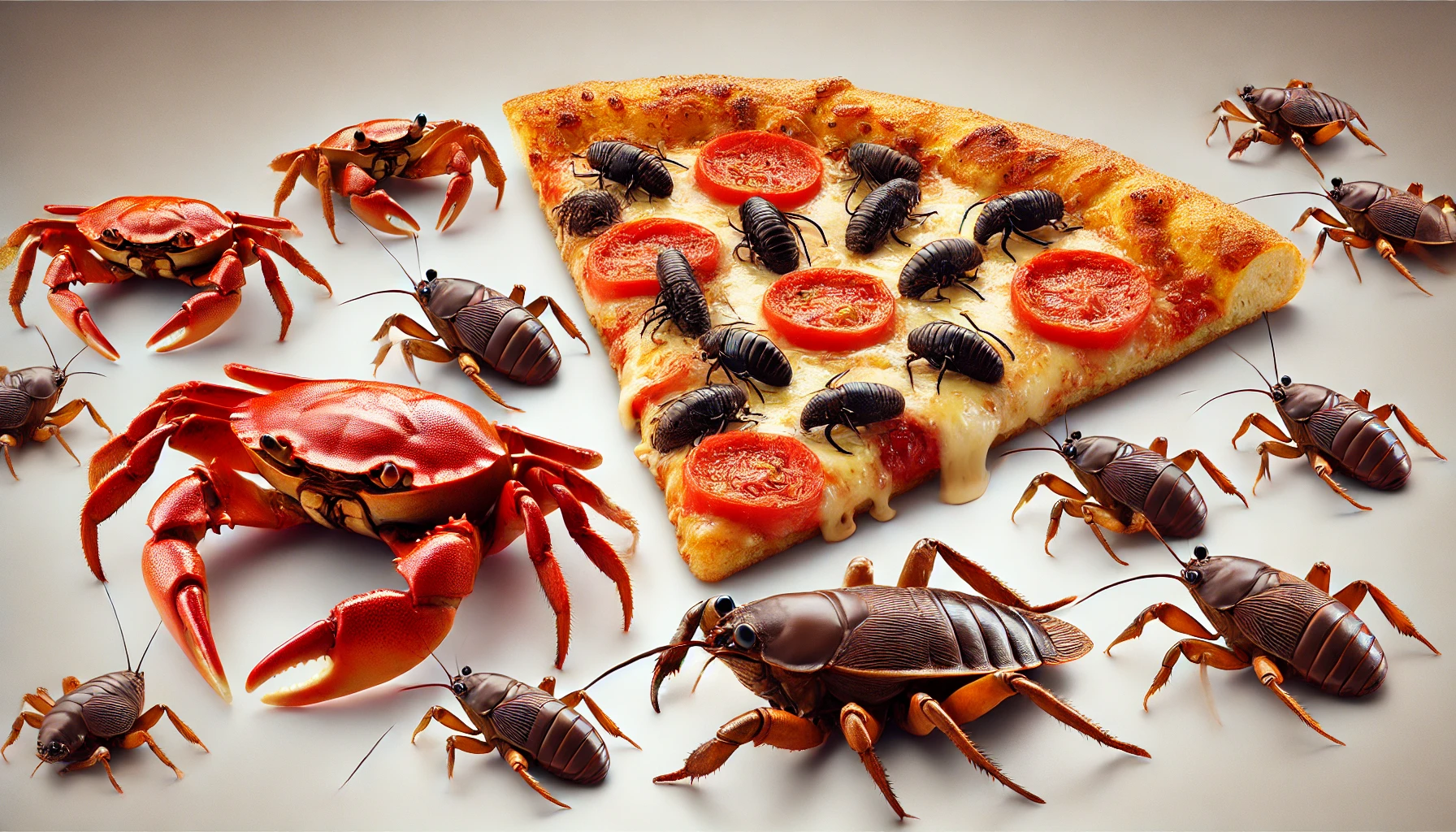Can you eat iguanas?: Too taboo for dinner?

Iguanas are invasive reptiles and dinner for some families
Iguanas are cool lizards that I've heard make great pets for experienced owners. They are, however, invasive to South Florida and have caused extreme damage to the native ecosystem here. Florida officials have even place bounties on iguanas to try and curb the breeding population.
Florida Fish and Game will need all the help they can get to slow down the invasion of these scaly beasts. As such, whatever residents can do to get rid of them humanely is greatly appreciated, this includes eating them!
So, can you eat iguanas? The answer is absolutely if you don't have any known allergies to them and aren't averse to eating a reptile. If you have decided on consuming iguana meat this evening, the first thing you'll need to do is catch one.
Are iguanas dangerous?
Iguanas are not inherently dangerous to humans and would typically rather run away from you than bite you. What is pretty dangerous, however, is the areas iguanas like to hang out. You typically find them basking next to canals and other bodies of water. And if you have been to or lived in Florida, you know that there's a pretty good chance an alligator is around.
Be sure to stay out of the Alligator's strike zone, which is generally about 5 feet out of the water. But even if you avoid the gators, Florida is home to Crocodiles, Snakes, Black Bears, and all sorts of monsters to keep an eye out for.
If you're able to brave the storm and snag an iguana or two here are a couple of tips for cooking iguana meat and cleaning it.
How to safely consume iguana meat
-
Source Responsibly: Ensure that the iguana meat you are using has been sourced ethically and is safe for consumption. Don't buy imported meat if you're in Florida. There are plenty of nature-loving Floridians who have been itching for a chance to kill some iguanas.
-
Cleaning Process: Rinse the iguana meat under cold water to remove any debris. For thorough cleaning, you can soak the meat in a saltwater solution (1 tablespoon of salt per quart of water) for about 30 minutes before rinsing again.
-
Signs of Bad Meat: Avoid meat that has a pungent, sour smell. Fresh iguana meat should have a mild, gamey aroma. Also, check for any discolorations or slimy texture, as these can be signs of spoilage.
-
Marinate for Flavor: Use a combination of acidic ingredients (like citrus juice) and spices to marinate the iguana meat for a few hours. This not only adds flavor but also tenderizes the meat.
-
Low and Slow: Cooking iguana meat slowly at a low temperature can help break down its tough fibers. Aim for an internal temperature of 165°F (74°C) for safety.
-
Grilling: If you're grilling, ensure you don't overcook the meat. Use indirect heat and keep an eye on it to avoid drying it out.
-
Stewing: Iguana meat can be used in stews and soups. Simmering it for an extended period in broth with vegetables can yield a tasty dish.
-
Remove Bones: Be cautious of small bones when preparing and serving iguana meat. It's best to remove as many as possible before cooking.
-
Pairing: Serve iguana meat with complementary sides like rice, beans, or roasted vegetables.
-
Safe Storage: Store any leftover iguana meat in the refrigerator within two hours of cooking. It's best consumed within 3-4 days for optimal freshness.
Iguana meat isn't for everyone, although some refer to them as the chicken of the trees. I find them gross, but the amount of protein per serving is kind of enticing for those looking to build lean muscle. Here is a bit more information about their nutritional value.
Iguana Meat Nutrition
| Nutrient | Amount per oz |
|---|---|
| Calories | 40 |
| Protein | 8.5g |
| Total Fat | 0.8g |
| Saturated Fat | 0.3g |
| Cholesterol | 20mg |
| Carbohydrates | 0g |
| Fiber | 0g |
| Sugar | 0g |
| Sodium | 15mg |
Eating iguana meat is taboo for most of the world and I wouldn't recommend it for any person residing in an area where other meat sources are available. But, if the choices are this and a rat or scorpion, for example, I'll take an iguana burger any day of the week.

Posted by: Matt Irving on 10/31/2023
Subscribe to my blog!


















